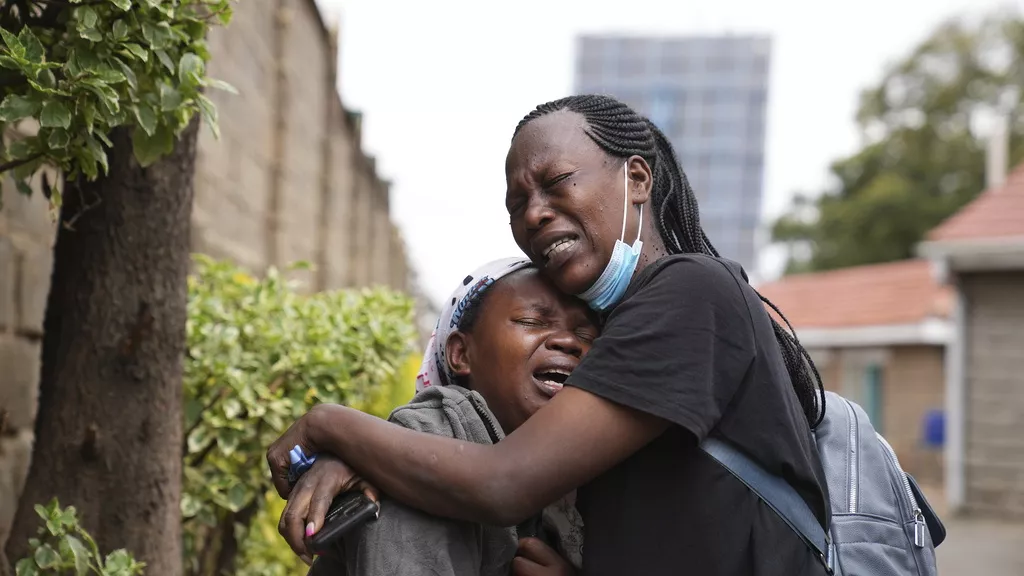Kenyan President William Ruto is facing a national crisis after violent protests erupted over a proposed finance bill that would raise the cost of living. On Wednesday, June 26, Nairobi residents dealt with the aftermath of Tuesday’s chaotic demonstrations, where at least 22 people were killed and numerous others injured as protestors stormed parliament.
The unrest, which President Ruto described as an “existential” threat, marks the most significant challenge to Kenya’s government in decades. Activists warned that the stakes are higher than previous protests, with soldiers and police patrolling the streets amid accusations of police shootings.
The proposed bill, aimed at raising revenue to pay off national debt, has united Kenyans across tribal and social lines, particularly young people, in opposition. The bill proposes increased taxes and fees on various daily items and services, exacerbating the financial struggles of millions.
Despite the deployment of the military, Wednesday saw no reports of violence, but fear remained high. Civil society groups reported abductions of protest participants and anticipated further arrests.
Political analyst Herman Manyora criticised President Ruto’s response, saying he missed an opportunity to calm tensions by adopting a more empathetic approach in his national address. Many young voters who had supported Ruto for his promises of economic relief now feel betrayed.
The violent protests saw thousands storm parliament, part of which was set on fire. The Kenya National Human Rights Commission reported that 300 people were injured, and 50 were arrested. Opposition leader Raila Odinga condemned the excessive use of force by authorities and called for dialogue.
Internationally, Ruto has been seen as a key partner for the United States, with Kenya recently designated as the first major non-NATO ally in sub-Saharan Africa. However, the current unrest has drawn concerns from international partners, including the U.S., which expressed “deep concern” over the violence and abductions.
As the country faces continued protests and calls for calm, Ruto has two weeks to decide whether to sign the controversial finance bill into law.
